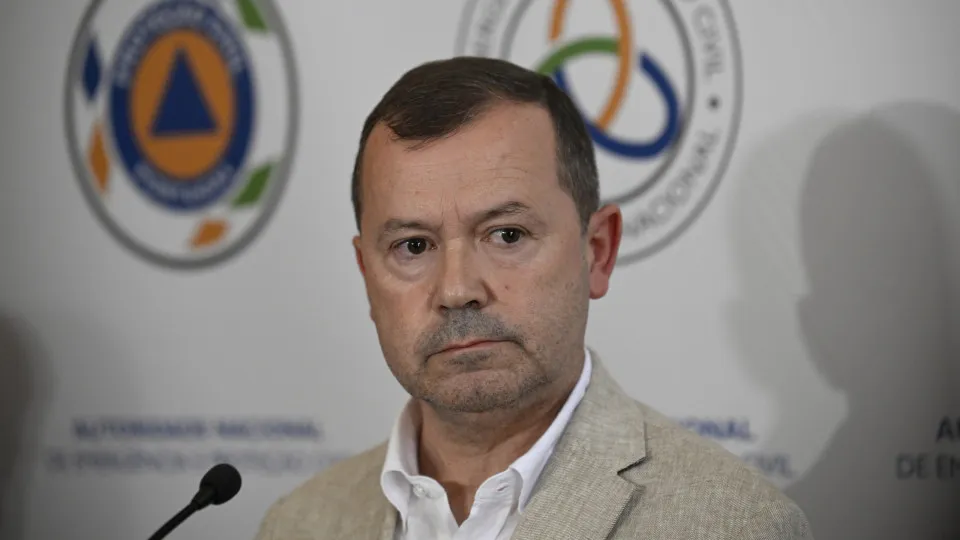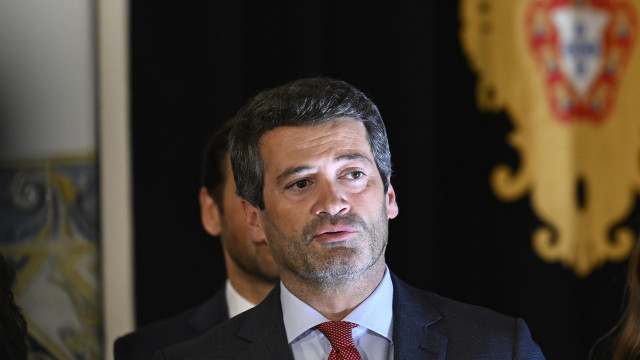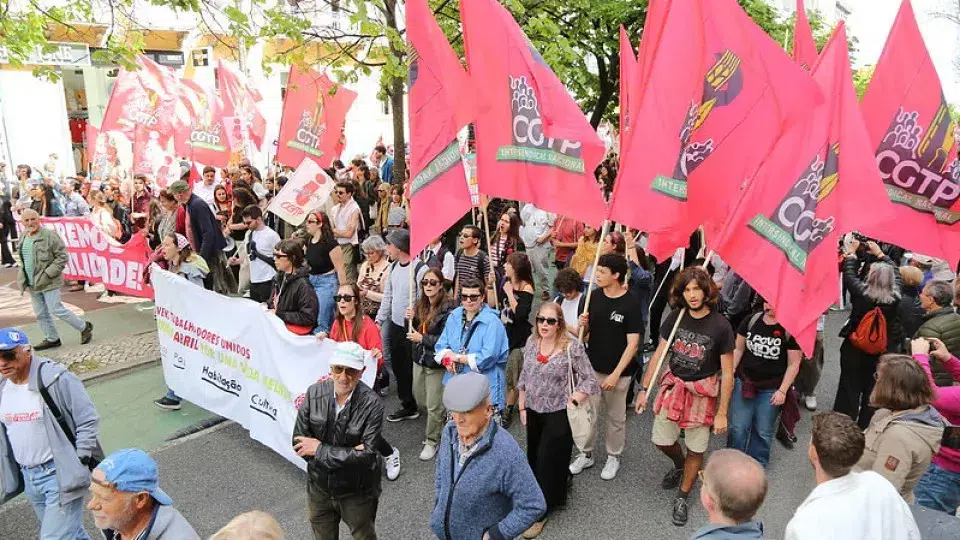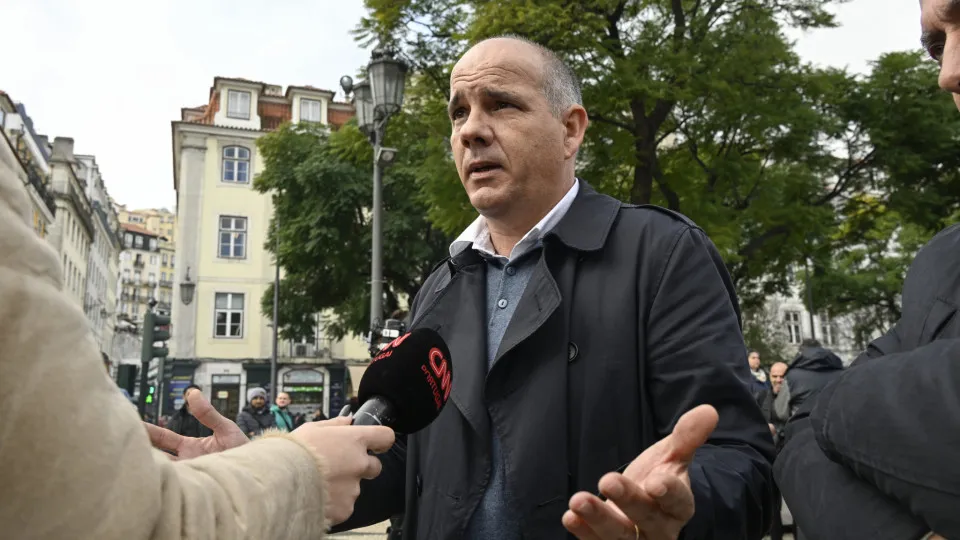
“At present, we have 765 permanent teams, and our goal is to ensure a [professionalized] first response exists in every municipality in Portugal, available 24 hours a day, 365 days a year,” stated Rui Rocha.
The government official spoke to journalists following a meeting with Madeira’s Regional Secretary for Health and Civil Protection, Micaela Freitas, held in Funchal during a work visit to the autonomous region.
“Our objective is, as stated in the Government’s Program, to professionalize the initial response,” he declared.
Rui Rocha emphasized that this goal does not preclude the country from continuing to rely on “the dimension of volunteering, its training, its experience.”
“It is essential to maintain this,” he stressed, noting that the country has “limited resources.”
“I would say it lacks the financial capacity, on one hand, for full professionalization, and on the other, I believe it would be a waste of a tradition that exists in Portugal of capable volunteerism,” he added.
The Secretary of State for Civil Protection recalled that of the approximately 15,000 personnel in mainland firefighting forces, more than 11,000 are volunteers, but reiterated that the Government intends to professionalize the first response.
“The first response cannot be reliant on volunteerism,” he argued.
Rui Rocha also highlighted the “best practices” established in the Autonomous Region of Madeira regarding the status and career of volunteer firefighters, describing them as a “good example.”
“At the moment, in mainland Portugal, we are also addressing this issue, which is about valuing professionals in the firefighting forces concerning career status and remuneration,” he said.
The Regional Government of Madeira (PSD/CDS-PP) established a funding model, involving municipalities, to ensure the professionalization of part of the volunteer firefighting services, with salary updates and fiscal and social benefits, also securing funds for equipment acquisition.
“From this perspective, they are already further ahead here,” the official noted, emphasizing municipalities’ involvement in the process.
“This is, indeed, the most differentiating aspect I take away, as a model that I can also use, in mainland Portugal, to get municipalities to look at the example already existing in the autonomous regions,” he affirmed.
The Secretary of State for Civil Protection also announced that the Government will launch a new international public tender to acquire aerial firefighting means, through which a helicopter will be allocated to the autonomous region.
The first tender launched this year was unsuccessful, leaving Madeira with only one aerial resource.
“We are working to provide Madeira with the aerial means it demands and which is enshrined in the latest State Budget as soon as possible,” said Rui Rocha, explaining that even before launching the tender, the Government is evaluating the possibility of relocating a helicopter from the national contingent to the region within this year.




